
- Home
- Trend
- Weight Loss Strategies
- Acne Tips
- Hair Health Information
- Blemish Removal Tips
- Acne Scar Removal Tips
- Muscle Building Techniques
- Intimate Care Tips
- Postpartum Intimate Care
- Eye Bags Wiki
- Tips for Face Slimming
- Secret of Permanent Hair Removal
- Breast Enlargement Tips
- Cure to Snoring
- Marionette Lines
- Skin-Tightening Secrets

免費體驗
Ultra V Lift Pro Non-Surgical Instant Facelift Treatment
1 Minute Self-Registration
Date should not be before minimal date
Retinoids are a powerhouse in the world of skincare, providing transformative results for those dealing with acne and wrinkles. Whether you're new to the concept of retinoids or have tried a retinoid treatment before, now is the perfect time to include this ingredient in your routine. Here's why these topical retinoid products should be on your radar.
1
What is Retinoid? What is it for?

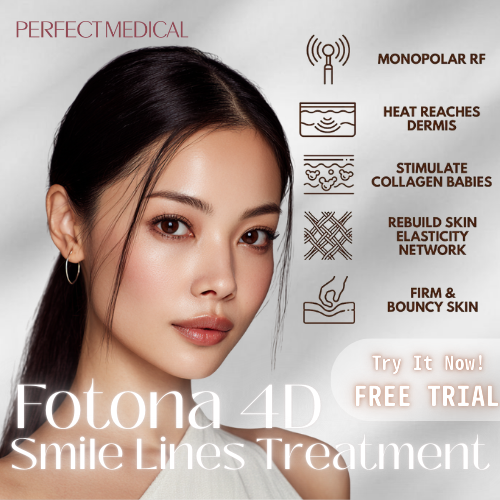
2
How Does Retinoid Work to Reduce Acne and Wrinkles?

3
8 Best Retinoid Creams in 2024
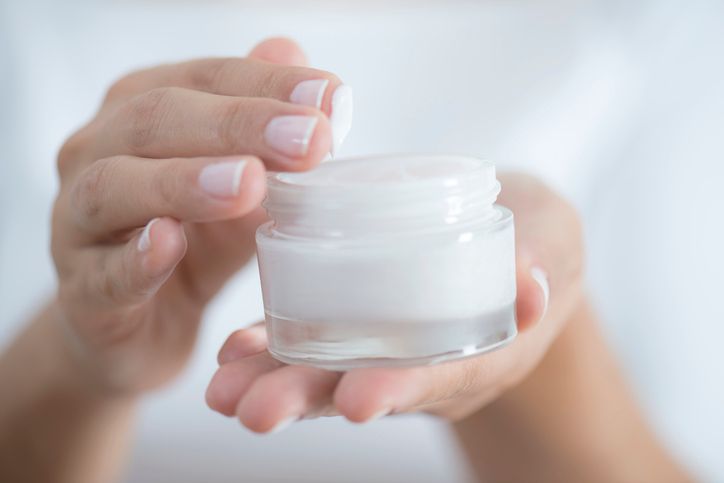
La Roche-Posay Retinol B3 Serum
RoC Retinol Correxion Deep Wrinkle Face Serum
Neutrogena Rapid Wrinkle Repair Regenerating Retinol Cream
Advanced Clinicals Encapsulated Retinol Gel
SkinCeuticals Retinol 0.3%
Murad Retinol Youth Renewing Cream
Exuviance Super Retinol Concentrate
Drunk Elephant A Passioni Retinol Cream
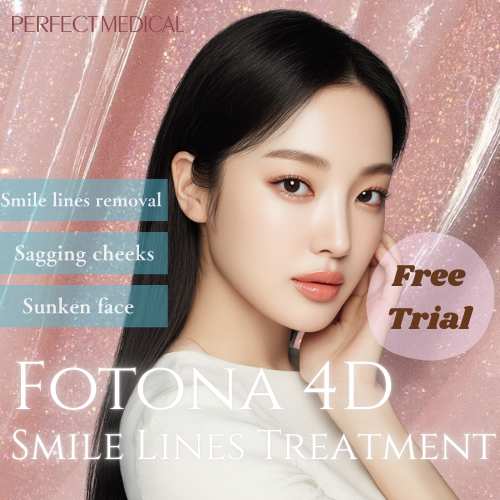
4
Ultra V Lift Pro Non-Surgical Instant Facelift Treatment: Regain Smooth, Youthful Skin Instantly!


免費體驗
Ultra V Lift Pro Non-Surgical Instant Facelift Treatment
1 Minute Self-Registration
Date should not be before minimal date
5
6 Tips on Safely Including Retinoid Creams in Your Skincare Routine
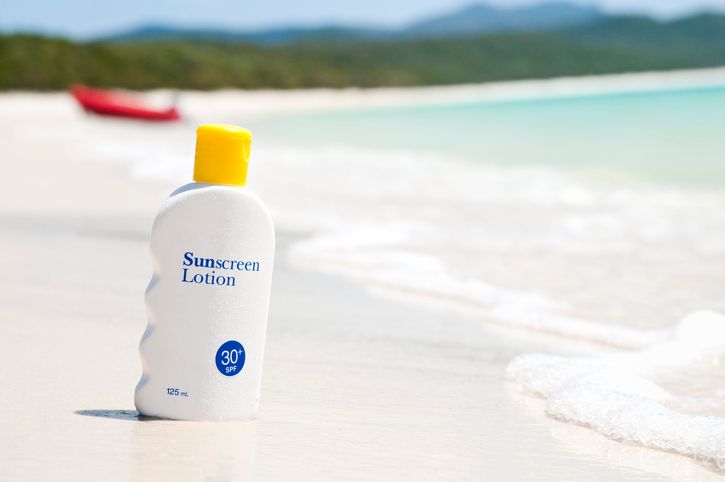
Minimize Sun Exposure and Wear SPF 30+
Use Moisturizer
Apply Retinoid Cream Only at Night
Ease into Using It

6
Side Effects and Risks of Retinoid Creams
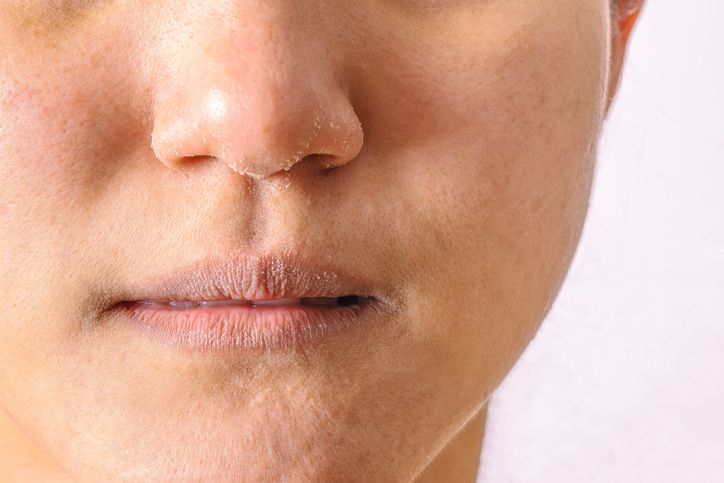
- How to Choose the Right B5 Serum? Learn About Vitamin B5's 6 Major Skin Benefits + Best Popular Products!
- Who Gets Premature Ageing Easily? See If You Checked The Boxes
- Different Types Of Fillers For Nasolabial Folds: Which To Choose?
- An Overview At Skin Tightening Treatments: What They Do & Whether They Work
7
Who Should Not Use Retinoid Creams?


免費體驗
Ultra V Lift Pro Non-Surgical Instant Facelift Treatment
1 Minute Self-Registration
Date should not be before minimal date
FAQ

How long does it take to see results from retinoid creams?
You may notice smoother skin within a few weeks, but significant changes in wrinkles, acne, or age spots could take 3 to 6 months. This timeline varies based on the product's potency and your skin's initial condition.
What concentration of retinoid cream should I use?
Beginners should start with a lower concentration, typically around 0.025%, and gradually work their way up to higher strengths if needed. Your dermatologist can recommend an appropriate concentration based on your skin's tolerance and specific concerns.
Can I use retinoid creams with other active ingredients?
While retinoid creams can be combined with other active ingredients like hyaluronic acid and vitamin B3, avoid pairing them with acids like AHAs/BHAs or benzoyl peroxide, which can increase the risk of irritation.
Can I use retinoid creams if I have sensitive skin?
Those with sensitive skin should proceed cautiously with retinoid creams. Start with a low concentration and increase usage gradually to avoid irritation.
How is the Ultra V Lift Pro Non-Surgical Instant Facelift Treatment the best option for long-term skin-tightening anti-aging effects?
Perfect Medical's Ultra V Lift Pro Non-Surgical Instant Facelift Treatment is ideal for long-term skin tightening because its patented TDT™ thermal diffusion energy threads stimulate collagen deep in the fascia layer (SMAS). This enhances collagen production, lifting facial contours and providing firm, youthful skin. It's non-invasive, comfortable, and delivers enduring results without recovery time.








